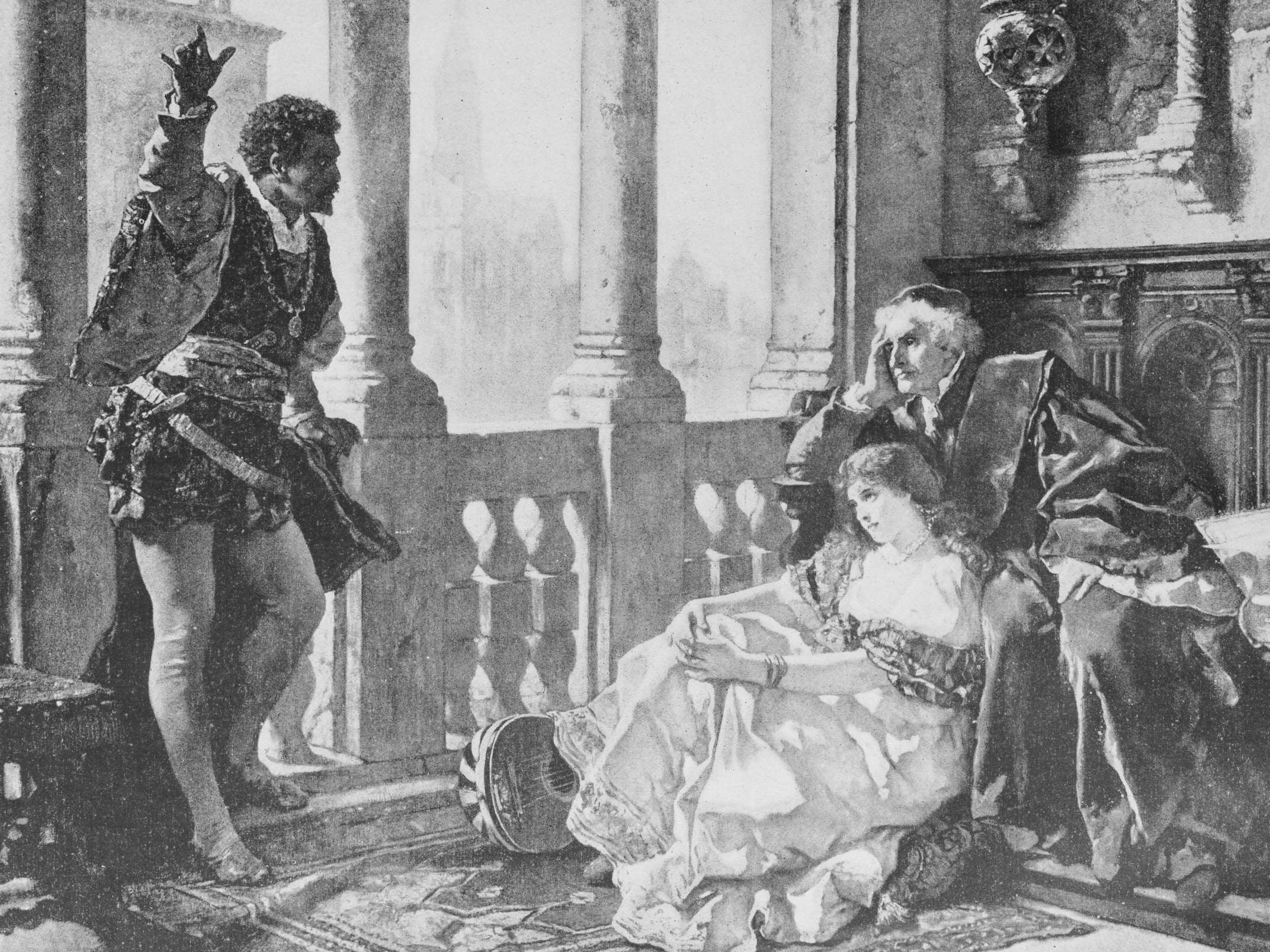We weren’t always racist so when did we come up with it and why?
Racism in our species is not written in stone, it’s not inevitable, it’s not an instinct, deeply etched in our genes. It’s something we created and something that can be ended, writes Andy Martin

We weren’t always racists. We were always mean, murderous b*******, of course. Rape, slaughter and slavery were once fairly normal and frequent. The plot of Taken has been rehearsed over and over again throughout history. Rousseau’s “noble savage” was a loner, self-sufficient, a hunter roaming about the woods having little contact with anyone else. But the point about the noble savage is that she did not exist. It’s a recent invention, a retrospective myth. The truly solo human just doesn’t survive for very long. We’ve always been tribal. We had to be if we wanted to stay alive. And the main problem for tribes was other tribes. Hell is other peoples, plural.
The Ramayana, the ancient Sanskrit epic, tells of a beautiful young woman being abducted. The hero of the story, Rama, has to go kill a lot of bad guys to get her back again. Homer’s Iliad, composed around the same era, tells of Helen being taken by Paris to Troy and the Greeks launching a war against the Trojans to get her back again. The greatest fighter according to Homer is Achilles (played by Brad Pitt in the movie).
But it should be noted that Achilles refuses to fight for most of the epic poem on account of Agamemnon (who is on his side) taking possession of his woman Briseis, whom Achilles has already acquired elsewhere in a previous successful raid. For some odd reason, the phrase “rape and pillage” has come to be associated with Vikings. But they were only drawing on a tried-and-trusted tradition. The expectation was, in the event of defeat, that if you weren’t killed you were likely to be enslaved. As Fernand Braudel wrote in Civilization and Capitalis: “Slavery came in different guises in different societies.”
Subscribe to Independent Premium to bookmark this article
Want to bookmark your favourite articles and stories to read or reference later? Start your Independent Premium subscription today.
Join our commenting forum
Join thought-provoking conversations, follow other Independent readers and see their replies